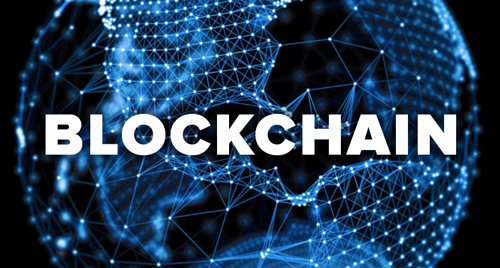The "blockchain" opens the field of possibilities for the " smart city "

The " blockchain ", the technology used by the cryptomonnaie bitcoin find opportunities in the areas of energy and transport connected and gives birth to new uses.
Residents of Brooklyn have created their own micro-network of green energy, with the " blockchain ".
It is a kind of small republic green observed by the whole world. New York, fifty of the residents of President Street, in the Brooklyn neighborhood, have put in place a micro-network of production, exchange, and resale of photovoltaic energy between neighbours. And this, thanks to the blockchain. Mounted in 2016 with the start-up LO3 Energy and Siemens, this network, used with a storage system should allow this small group of people to limit their recourse to the electricity supplier classic.
The blockchain will she be the engine of the smart cities of tomorrow ? Multiple projects, still at an embryonic stage, are in the process of experimentation. Summarize this technology in a few sentences is tough, but, in practical terms, the blockchain is a database that is decentralized that secures and certifies exchanges within a group of individuals. The information of these networks, peer-to-peer and do not pass through a central server a single (potentially hackable) but are distributed between hundreds or thousands of servers, which store each a piece of the chain. It is therefore extremely safe. All stakeholders have access to the same information and guarantee the integrity of the whole.
Better control over the use of his personal data
It makes possible uses not easily possible otherwise. The most enthusiastic, as the entrepreneur Pierre Paperon, see it as a way " not to be a prisoner of an operator or a platform and to better control the use of his personal data ". "This is a counter-power diffuse," says this old road of the digital economy, which makes the parallel between the blockchain today and the Internet of the early 1990s.
It is in the field of energy that experiments are the most practical. The challenge : to implement the household collective, that is to say, micro-decentralised networks of production, consumption, and sharing of energy between neighbours. "Short circuits" that allow not only to accelerate the energy transition, but which also limit the huge loss of energy that take place during its transport.
In this framework, the blockchain allows you to measure, store and certify all the information relating to the different flows of energy (green and non-green), without resorting to an outside service provider. In France, a few projects are underway, buoyed by the new legislation on self-consumption. The department of Pyrénées-Orientales will create, with the start-up Sunchain and Enedis, a micro-independent network of three public buildings, which should eventually allow to reduce their use of electricity non-green.
All the big players of the energy closely follows these experiences. Schneider Electric, for example, is thinking of creating facilities associated with these new ways to consume and produce electricity. "The blockchain is only there because the future of energy production will be decentralized, and that our customers are going to become pro-sumers" (producers and consumers at the same time), summarizes Nicolas Leterrier, CTO of the company.
Share the use of a car or a charging station
Another area where this new economy of peer-to-peer could change the situation : the mobility. The blockchain gives a boost to all the devices sharing. Thus, in Germany, the network Share and Load, mounted with Innogy (a subsidiary of RWE, the energy company of germany), allows individuals to make available, in front of their house, a reloading terminal for electric car. Each particular fixed rate (which may be less high for his friends, for example). When its terminal is used, he gets a compensation, which it can then use in another terminal, or turn it into euros.
Ditto for car sharing. The multinational EY has launched the Tesseract, a platform allowing companies or a group of individuals (e.g., residents of a building) to share the use of a vehicle, with a pay-per-use, and mini-contracts of insurance, all via the blockchain. In France, start-ups are beginning to develop interfaces to facilitate this kind of trade, such as Pack'Drive to Bordeaux.
Coupled with the artificial intelligence, the blockchain could, in the near future, allow an object to be connected to "decide" only a transaction. A parking place belonging to a particular will to another car, via a sensor, if it is possible to occupy it for three hours. This is the car that will pay with his wallet blockchain built-in, while the owner of the site will be paid for the time occupied at the rate that it has fixed. This is what are called smart contracts. The consultant Gilles Gravel continues : "Tomorrow, the blockchain will allow cars to be connected to find people to covoiturer independently, to lease all only to individuals who pass nearby. "
@originalworks
The @OriginalWorks bot has determined this post by @asteemone to be original material and upvoted it!
To call @OriginalWorks, simply reply to any post with @originalworks or !originalworks in your message!
To enter this post into the daily RESTEEM contest, upvote this comment! The user with the most upvotes on their @OriginalWorks comment will win!
For more information, Click Here!
Special thanks to @reggaemuffin for being a supporter! Vote him as a witness to help make Steemit a better place!
YES this is the way Yes and consider the down side.... see my posts on why we should be awake to the underlying results of all this - https://steemit.com/news/@davemanchester/smarter-cities